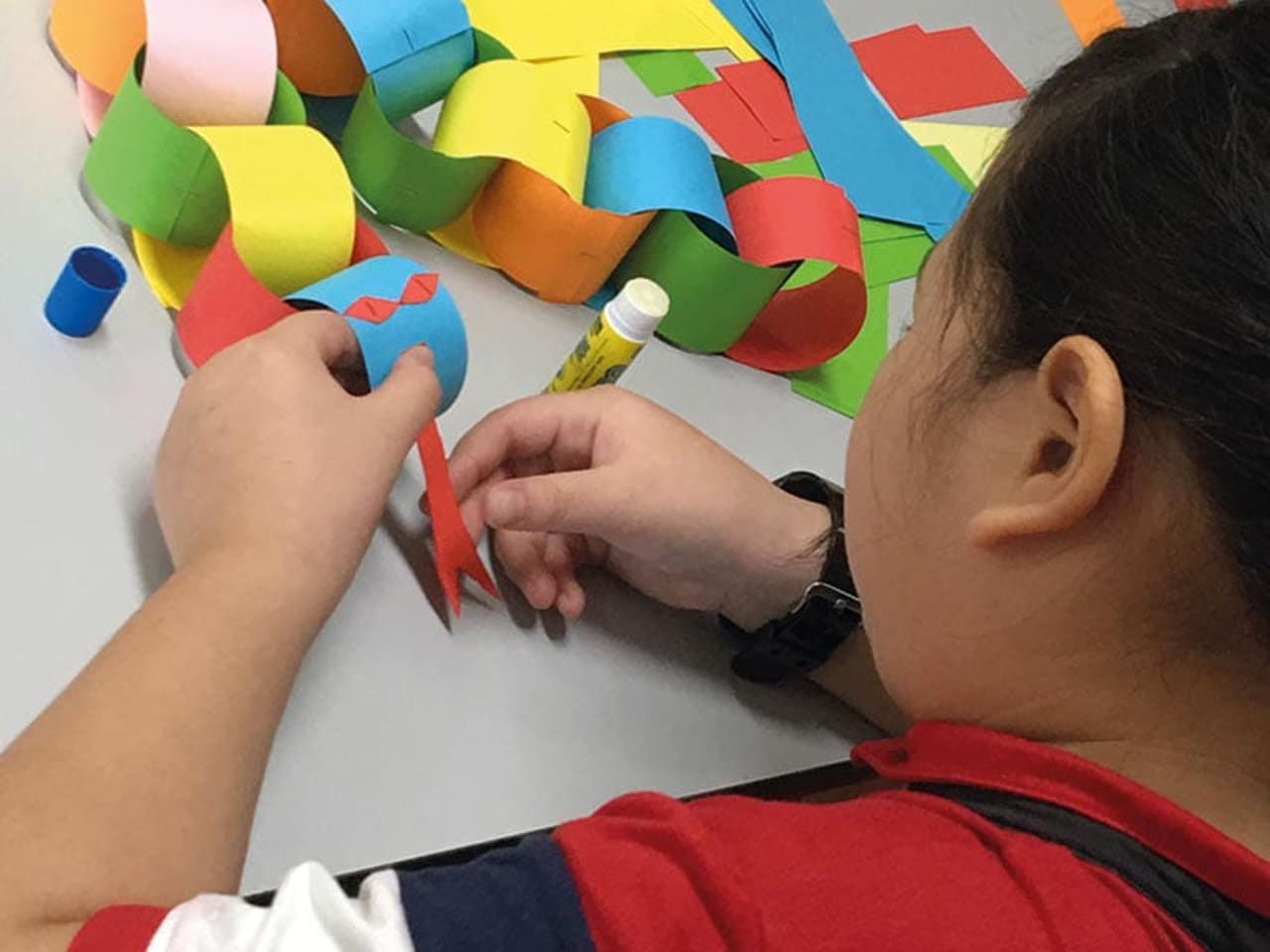When someone goes to prison, the whole family suffers. Family care is an important part of the ministry of Prison Fellowship Singapore (PFS). We support about 70 families of inmates through the programmes below.
- Support groups
When a loved one is imprisoned, the spouse tends to suffer greatly. Wives and mothers often isolate themselves because of a sense of shame. Support groups offer a safe place for them to express their feelings without feeling judged. They also provide a platform for social activities and group counselling sessions.
- Home visits
The Family Care team and volunteers regularly visit prisoners’ families to offer friendship, comfort and counselling. Visits are especially helpful if family members are ill or bed-bound.
- Employment, vocational training and financial assistance
PFS helps inmates’ families to find jobs by providing training in language skills, computing and crafts. We also provide short-term financial aid to families needing urgent help.
- Referrals to family service centres, counselling providers and the faith community
PFS partners with various organisations to provide professional counselling and social work services. While doing this we maintain friendships with the families, with a view to helping inmates rejoin their families after release.
- Parents’ ministry
The parents of prisoners often become the caregivers for their grandchildren. For the parents of inmates, PFS provides emotional, medical and other practical assistance.
- Support for children of prisoners
Prisoners’ children often experience isolation, shame and poverty. They may suffer from a lack of attention from their caregivers, who are often struggling to cope themselves. Care Club is a weekly club for the children of prisoners. We organise activities such as tuition classes, reading, music, art and dance on Saturdays with the help of volunteers. Care Club also organises outings and camps to provide fun-filled activities for inmates’ children during school holidays.
Discussion question
- How could your church or organisation support the families of prisoners?
By staff at Prison Fellowship Singapore.
Web: www.pfs.org.sg
Email: [email protected]









